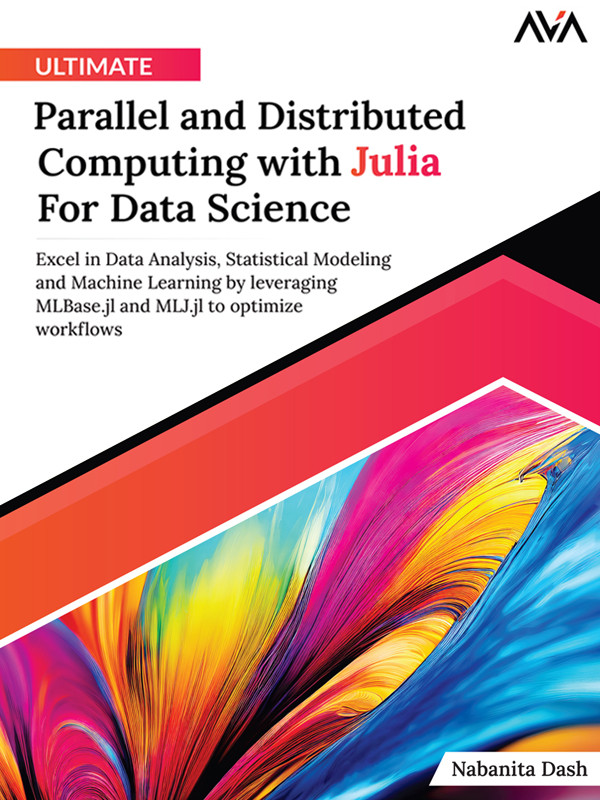

Most ebook files are in PDF format, so you can easily read them using various software such as Foxit Reader or directly on the Google Chrome browser.
Some ebook files are released by publishers in other formats such as .awz, .mobi, .epub, .fb2, etc. You may need to install specific software to read these formats on mobile/PC, such as Calibre.
Please read the tutorial at this link: https://ebookbell.com/faq
We offer FREE conversion to the popular formats you request; however, this may take some time. Therefore, right after payment, please email us, and we will try to provide the service as quickly as possible.
For some exceptional file formats or broken links (if any), please refrain from opening any disputes. Instead, email us first, and we will try to assist within a maximum of 6 hours.
EbookBell Team

5.0
78 reviewsBook Description
This book takes you through a step-by-step learning journey, starting with the essentials of Julia's syntax, variables, and functions. You'll unlock the power of efficient data handling by leveraging Julia arrays and DataFrames.jl for insightful analysis. Develop expertise in both basic and advanced statistical models, providing a robust toolkit for deriving meaningful data-driven insights. The journey continues with machine learning proficiency, where you'll implement algorithms confidently using MLJ.jl and MLBase.jl, paving the way for advanced data-driven solutions. Explore the realm of Bayesian inference skills through practical applications using Turing.jl, enhancing your ability to extract valuable insights. The book also introduces crucial Julia packages such as Plots.jl for visualizing data and results.
The handbook culminates in optimizing workflows with Julia's parallel and distributed computing capabilities, ensuring efficient and scalable data processing using Distributions.jl, Distributed.jl and SharedArrays.jl. This comprehensive guide equips you with the knowledge and practical insights needed to excel in the dynamic field of data science and machine learning.
Table of Contents
1. Julia In Data Science Arena
2. Getting Started with Julia
3. Features Assisting Scaling ML Projects
4. Data Structures in Julia
5. Working With Datasets In Julia
6. Basics of Statistics
7. Probability Data Distributions
8. Framing Data in Julia
9. Working on Data in DataFrames
10. Visualizing Data in Julia
11. Introducing Machine Learning in Julia
12. Data and Models
13. Bayesian Statistics and Modeling
14. Parallel Computation in Julia
15. Distributed Computation in Julia
Index